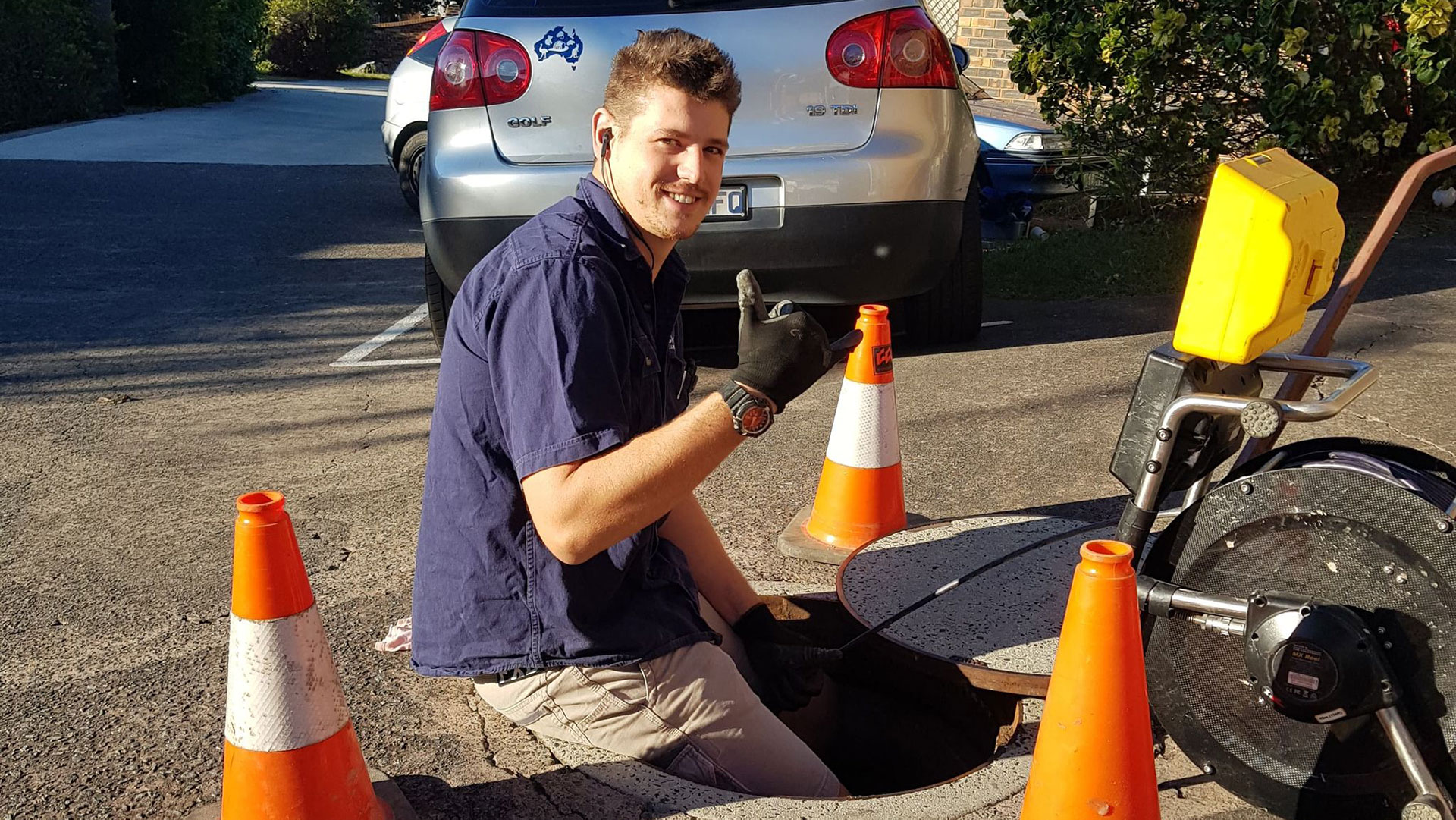Curious about a career as a plumber?
Have you ever considered a career in plumbing but not sure it’s the job for you? We’ve put together some top questions we get asked frequently from curious men and women about becoming a plumber.
What's a typical day look like as a plumber?
Depending on what type of plumbing you’re doing — maintenance, construction, civil, industrial, or gas fitting — depends what your day will look like.
Generally, an early morning start is always a given. Normally you beat the peak of traffic traveling to your first job. Then you’ll have a toolbox meeting with the supervisor about what’s planned for the day.
Working indoors and outdoors throughout the day is common, and so is travelling throughout the day to different sites and locations completing works.
The work is generally fast-paced so your lunch breaks may be split into two or three throughout the day.
Generally, construction plumbers will finish in the early afternoon after 2pm however, depending on the job or client type, you may be working until 5pm.
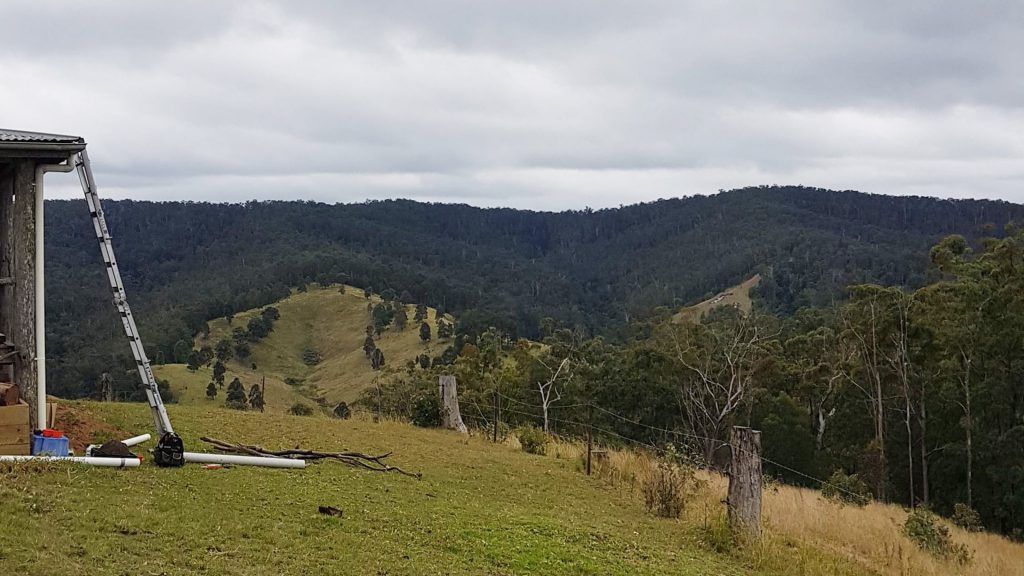
How long does a plumbing apprenticeship take?
An apprenticeship takes four years to complete a Certificate III in Plumbing. This is the first and minimal requirement to become a tradesman.
After this apprenticeship, you then need to complete a 12 month journeyman period before you can apply to take your plumbing license from a provisional to an open license.
If you’d like to start your own business or gain a better understanding of plumbing for a possible supervisor role, completing your Certificate IV in Plumbing is where you’ll want to start.
This can also cover the subjects required to acquire your open gas fitting license and other endorsements such as backflow testing, OSTP, etc. This course will generally take one to two years to complete.
In a nutshell: with the amount of commonly needed extra endorsements on top of an open plumbing license, it could take a minimum of six years before you’re fully qualified with a good batch of endorsements to add to your resume.
What type of work can a plumber do?
In short:
Plumbing, general maintenance, laying new drain pipes in the ground, installing water heaters, testing water valve devices, gas fitting and repairs, clearing of blocked drains, mechanic and manual digging, installing new above ground paperwork and drains, leak detection, servicing taps and fixtures, roofing repairs, pump repairs and installation, drain camera inspections, and lots more.
Most building supplies that pass a liquid or gas may be considered plumbing.
Can women become plumbers?
Absolutely.
In Queensland alone, there are a number of lady tradies and apprentices that actively work in the industry.
The Womans Plumbing Alliance (WPA) is a great support network organised through the Master Plumbers Association Queensland (MPAQ).
Our office manager Jess has started her plumbing apprenticeship and, as a mother and wife, enjoys the time she spends on field plumbing.
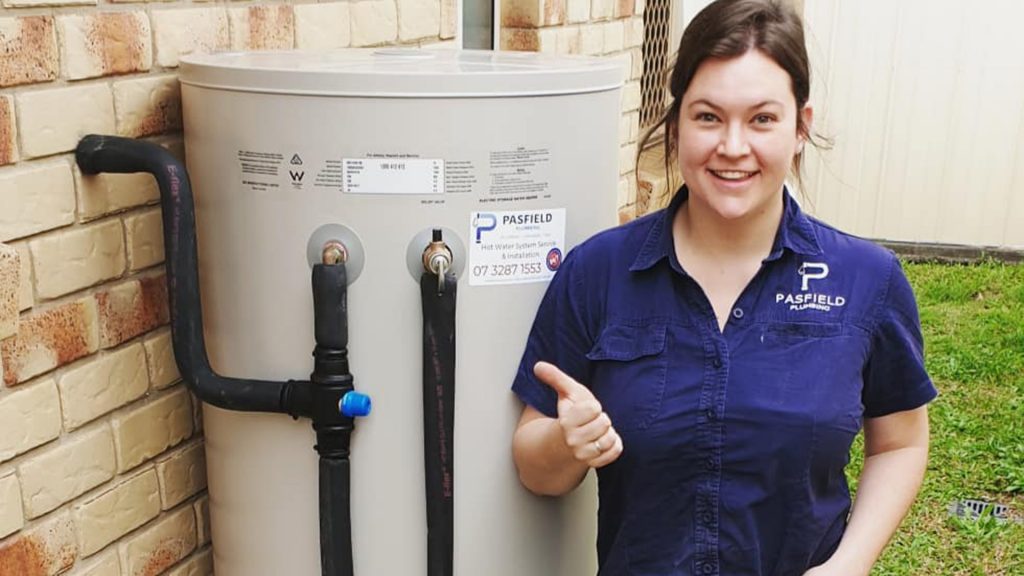
How young can I start a plumbing apprenticeship?
Generally you can start at 16. There are some schools that may allow students to start a Certificate II in plumbing while you’re still in high school.
This is a great starting point as it covers the basics without a 4 year commitment. However, it’s not uncommon to see middle-aged men and women coming into the industry looking for a career change.
What's the best kind of job a plumber can do?
This question comes down to personal preference but most people like doing new work that’s less dirty.
Our favourites are anything that’s rewarding to look back on once a job is completed and looking good, like bathroom renovations, new hot water installations, stack and elevated pipeworks, and manual copper bending.
What's the worst kind of job for a plumber?
This comes down to personal preference again but some of the least favoured jobs are manual digging, clearing blocked sewer drains, grease trap repairs, servicing old tapware, and stormwater repairs.
How much does a plumber earn?
A qualified plumber can typically earn anywhere from $28-$45 an hour on normal rates.
After hours and weekend rates are typically a lot higher and most employers will offer generous payments for emergency callout works.
A first year apprentice plumber has a starting rate of about $13.20 an hour plus allowances.
A mature age first year apprentice has a starting rate of about $20.70 an hour plus allowances.
An average salary for a qualified plumber with good experience is around $75,000 to $110,000.
You can find the plumbing and sprinkler award schedule through here.
Is being a plumber a dirty job?
Yes, it can be but it’s probably not as dirty as what people probably think. The trade is also so diverse you have the ability to choose the line of work you go for.
Why pick plumbing over other trades?
We love our trade. It’s diverse and you’ll never stop learning new skills. As an active trade, you’ll also have the ability to travel around during the day, indoors and outdoors. It can definitely be a challenging and manually intensive trade at times but it is very rewarding.
As a plumber you’re responsible for the health and wellbeing of your community’s drinking water, gas, and waste supplies. The trade is heavily regulated and Australia is globally known to have some of the highest quality tradespeople.
This makes it easier to travel the world and work if you’re into that.
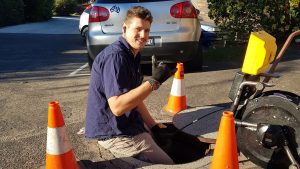
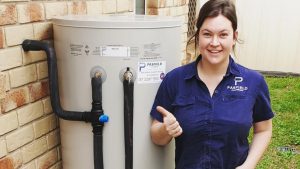
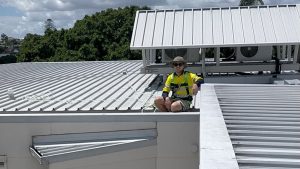

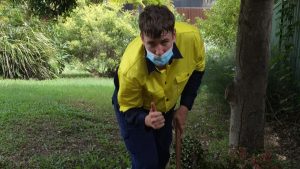
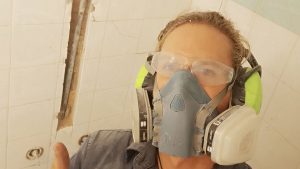
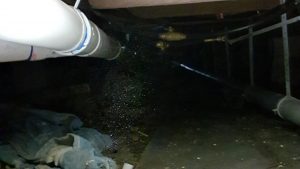
 07 3287 1553
07 3287 1553  admin@pasfieldplumbing.com.au
admin@pasfieldplumbing.com.au 
